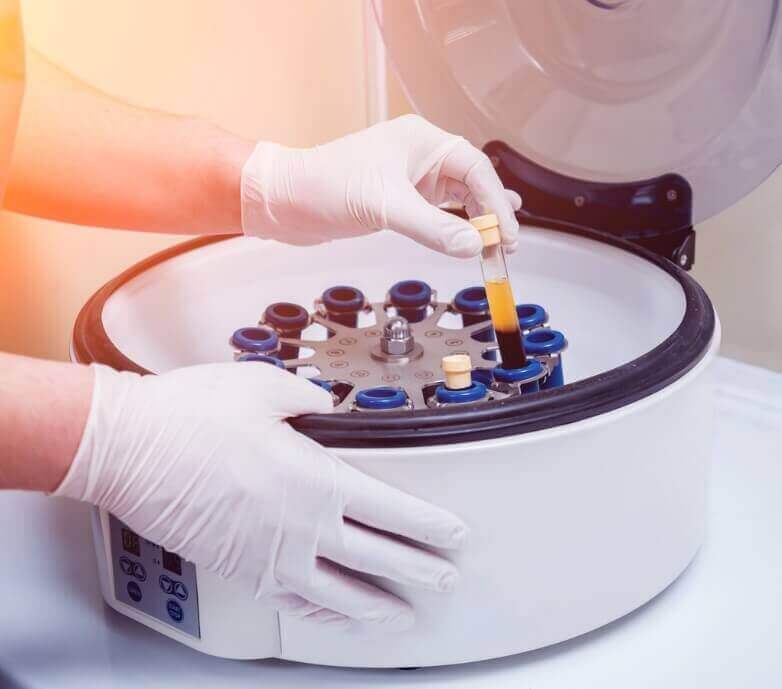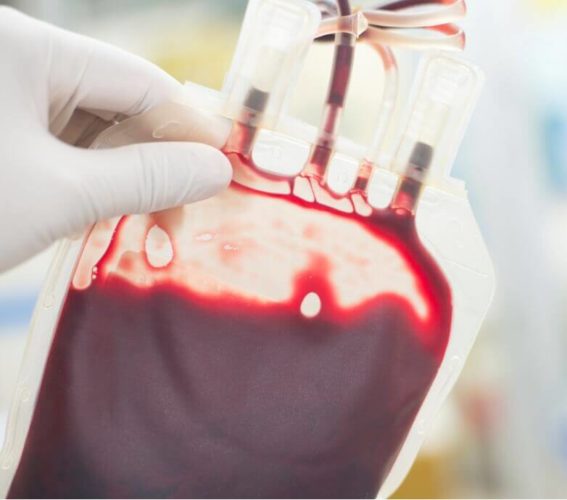What is Cord Blood?
The blood that remains in the placenta and umbilical cord after birth is what is called cord blood. Umbilical cord blood has several unique capabilities such as, being able to create all types of blood cells, stimulate regenerative processes in a brain damaged by an ischemic stroke, and serve as the core building blocks for dozens of regenerative therapies that are reshaping medicine today.
Donated cord blood has been successfully used for 25 years to restore blood production in patients after chemotherapy. In the past decade, cord blood infusions have shown beneficial therapeutic effects for children diagnosed with cerebral palsy, and for children with cerebral strokes. (1) In a recent clinical trial studying cerebral strokes in adults, patients registered significant therapeutic improvements if infused in the first ten days after the stroke event. (2)

The advantages of cord blood cells compared to other cell sources are obvious: cord blood cells offer better plasticity and faster growth rates, are more immunologically tolerant and readily available without invasive procedures for vulnerable patients.

Find Out If You’re a Candidate for CBC Health’s Ischemic Stroke Treatment
If you or a loved one recently suffered a stroke, the sooner you receive treatment the better. To learn more about CBC Health’s Ischemic Stroke Treatment, please call +1 855 426 4623 or visit our Request More Information Page.
References:
1 Feng M, Lu A, Gao H, Qian C, Zhang J, Lin T, Zhao Y. Safety of Allogeneic Umbilical Cord Blood Stem Cells Therapy in Patients with Severe Cerebral Palsy: A Retrospective Study. Stem Cells Int. 2015;2015:325652.
2 Laskowitz DT, Bennett ER, Durham RJ, Volpi JJ, Wiese JR, Frankel M, Shpall E, Wilson JM, Troy J, Kurtzberg J. Allogeneic Umbilical Cord Blood Infusion for Adults with Ischemic Stroke: Clinical Outcomes from a Phase 1 Safety Study. Stem Cells Transl Med. 2018 May 12.



